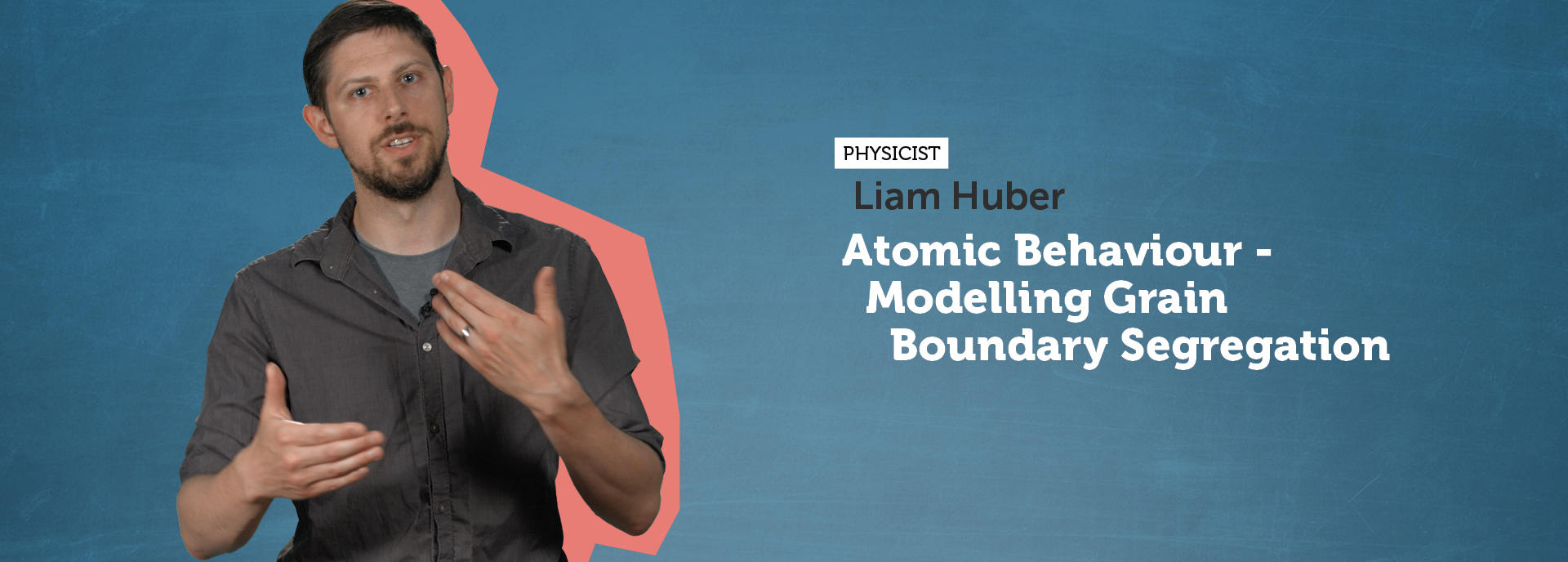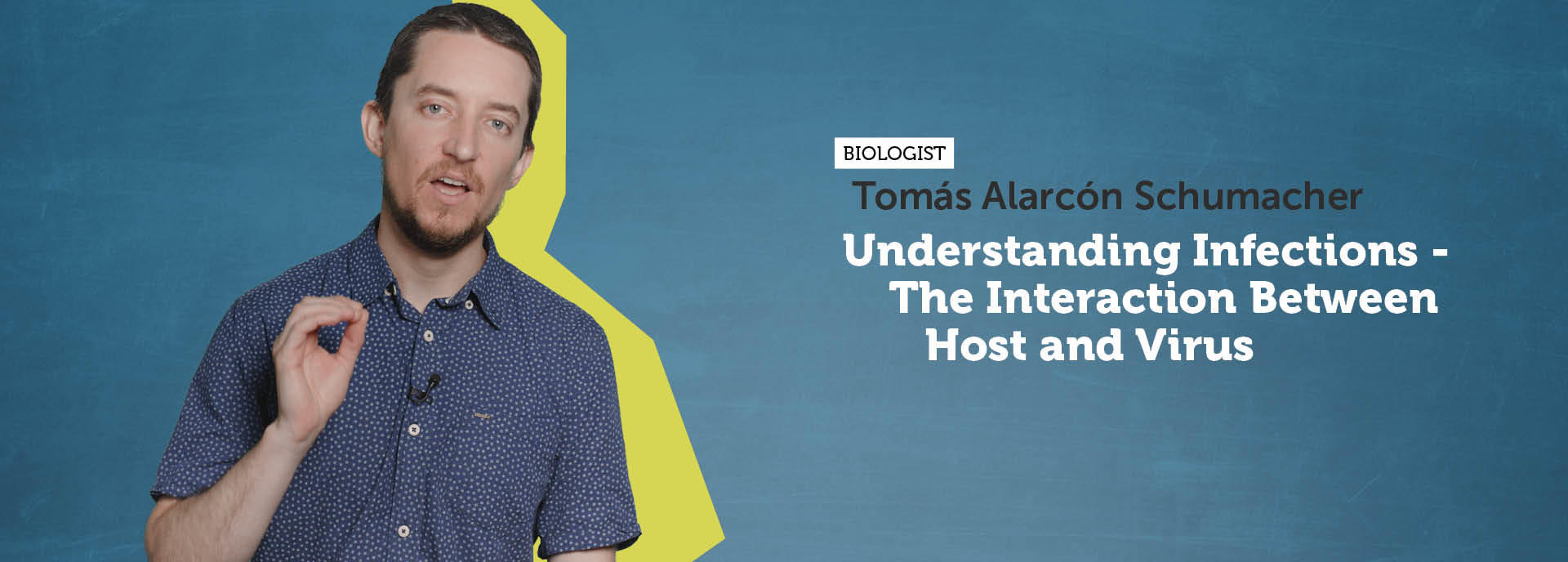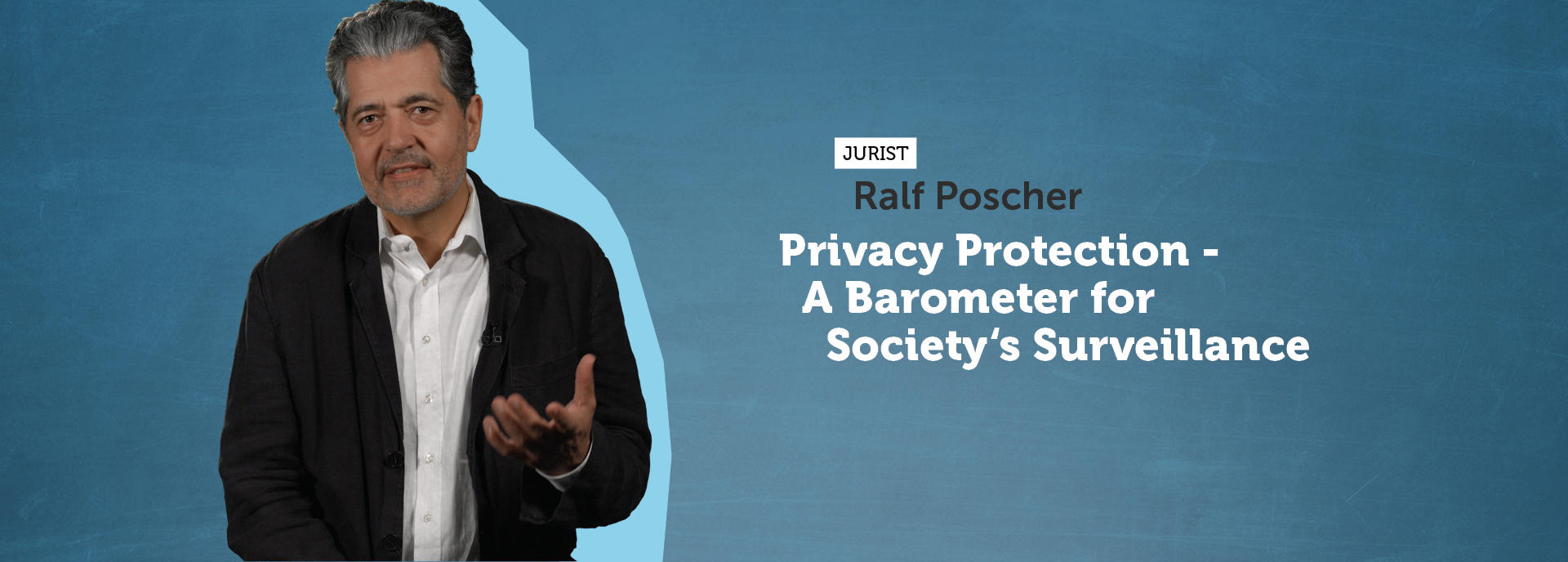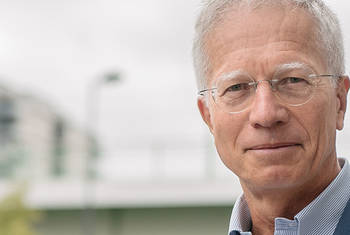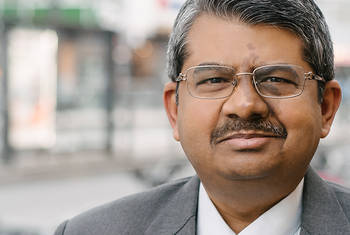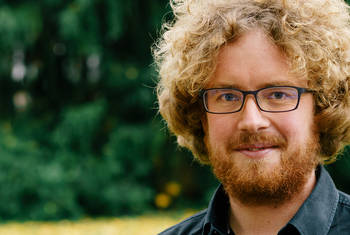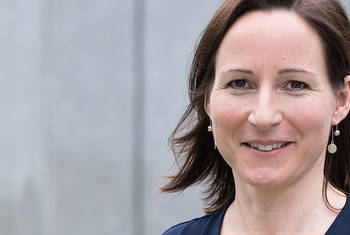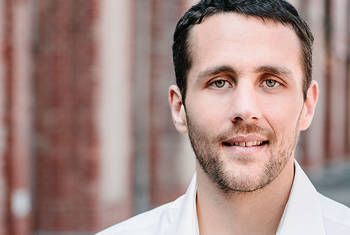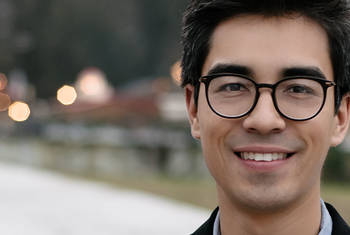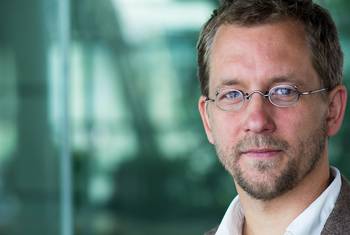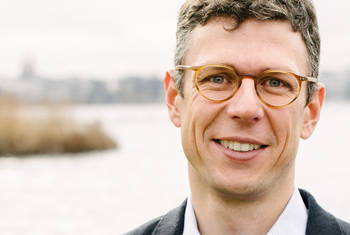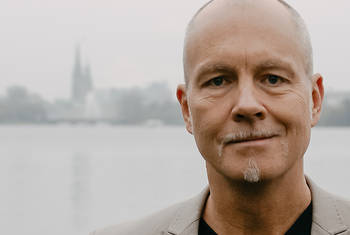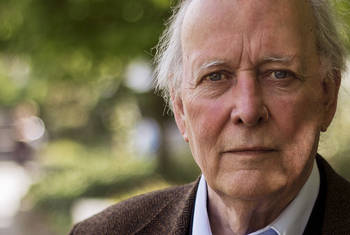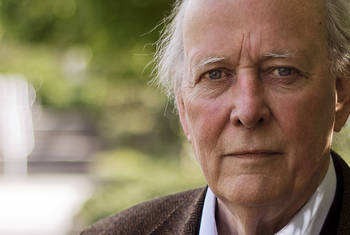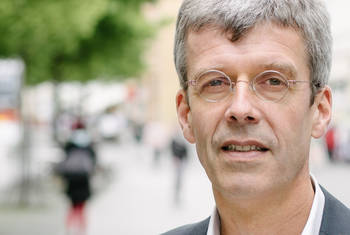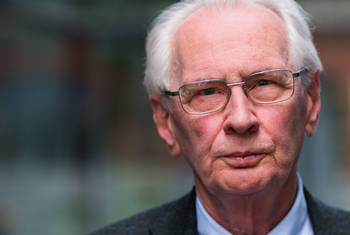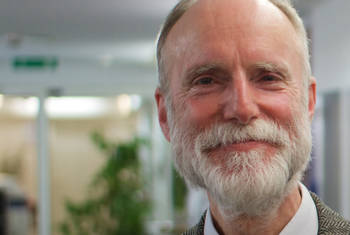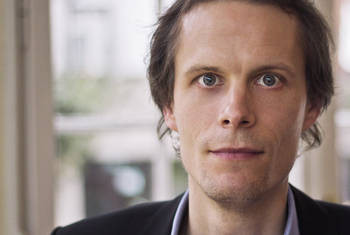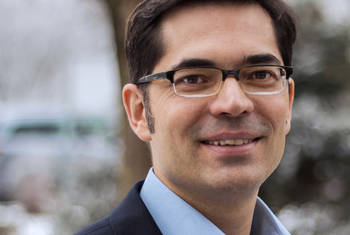Despite an upsurge in nationalist rhetoric, EU citizens still support European level decision making in several policy areas. For a political union to be effective, however, similarity in policy preferences is necessary. In this video, GUIDO TABELLINI considers whether citizens of different EU states are sufficiently similar in their views of the world to make further political integration feasible. Analyzing survey data [...] Watch video
India has been known to be a state that never changes. Since the 1980s, and especially after the 1990s, however, India’s growth trajectory has begun to evolve and change from its static status quo. RAHUL MUKHERJI has investigated the reasons for this change, as he explains in this video. For this, he looked at historical processes and compared processes that have achieved successful change to processes that have failed [...] Watch video
How Do Climate Change Related Natural Disasters Potentially Increase the Risk of Armed Conflicts?
There is an extensive discussion about the connections between climate change related disasters and armed conflicts like civil wars. JONATHAN DONGES explains in this video how the research team looked at this relationship in more detail. Their new approach connects natural disasters with large economic effects, potentially related conflicts as well as the socioeconomic contexts. The findings show that in countries with a [...] Watch video
Smog is a major problem in Chinese urban centres. In this video, ANNA AHLERS explores how the Chinese authorities go about removing air pollution from cities in advance of prestigious international events. Focusing on actions taken in relation to the 2016 G20 summit in Hangzhou, Ahlers and her colleagues carry out interviews with scientists and local government officials, triangulating their responses with a range of [...] Watch video
Adequate response to the increasingly high threat of terrorism is a challenge for governments in the beginning of the 21st century. The historical analysis presented in this video examines ways to approach terrorist threats. As BRUNO S. FREY explains, the findings show a new perspective on how to address the terrorist challenge. The specific policy proposals resulting from the study are decentralization of the state [...] Watch video
India suffers from a high prevalence of diabetes and raised blood pressure. In this video, PASCAL GELDSETZER presents a detailed analysis of the prevalence of both conditions in India and asks how they might be better treated and controlled. Using population-based data collected by the Indian government, Geldsetzer shows that there is huge variation in the prevalence of these conditions between different Indian states and [...] Watch video
How Can We Quantify the Immediate and Lingering Impact of Genocide on Local Populations?
Mass killings generally occur in settings of armed conflict where it is very difficult or impossible to collect official data on births, deaths and marriages. In this video, DIEGO ALBUREZ-GUTIERREZ confronts this challenge by focusing on the mass killings of the Maya Achi people which took place during the Guatemalan Civil War in the 1980s. Using a novel approach, the “Extended Genealogy Method”, Alburez-Gutierrez [...] Watch video
The 20th Century has been marked by a return to ethnic and religious affiliations and identifications which continue to be in the foreground of political discourse. The rise of religious groups is represented by the media as a turbulent phenomenon, which spikes new conflicts globally. These representations of collective identities are politically utilized. Resource conflicts and controversies about citizenship and [...] Watch video
In the research overview presented in this video DANIEL LEESE explains the dimensions of modern personality cults found in studies on states such as the Peoples Republic of China, North Korea, the Soviet Union, Vietnam and others. He outlines the elements modern personality cults have in common, their aims and functioning as well as their ideological self-justification. Watch video
During the refugee crisis of 2015, about 1.5 million refugees entered the European Union. LUDGER PRIES examined how it was possible that this massive inflow of people was managed relatively successfully. In particular, he researched how different actor groups, from volunteers and leftist activists to the police, worked closely together. Employing an organizational network analysis in five Mediterranean countries, as he [...] Watch video
The model presented in this video combines a game theoretic approach with mechanism design to examine the influence of competition on welfare maximization by politicians. It is shown that in “pure” competition between two politicians only the allocation of favors to the electorate helps winning elections, while welfare-maximizing tools of redistribution do not improve a politician’s vote-share. As FELIX BIERBRAUER [...] Watch video
In recent years DNA testing has increasingly been used by immigration authorities to facilitate family reunifications and to verify the family relations of applicants. This has affected immigration procedures and the understanding of the concept of family. As TORSTEN HEINEMANN explains in this video, the researchers investigated how DNA testing is introduced into the immigration process and the implications this has for [...] Watch video
The research presented in this video explores attitudes towards immigrants and their religious rights in Western societies, based on survey data. MARC HELBLING finds that religiosity and liberal values are key variables: Individuals with liberal values are generally more tolerant towards immigrants – but tolerate religious rights less. Religious people by contrast are less tolerant towards immigrants – but more open [...] Watch video
We can see progress all over the world, such as technological transformations, or rising life expectancies and literacy rates. Are these improvements in material conditions accompanied by a change in moral standards? So far, such questions have mainly been discussed in the area of philosophy. CHRISTIAN WELZEL is interested in finding empirical evidence that allows tangible conclusions on this matter. As he explains in [...] Watch video
Can We Maintain Normative Individualism when Allowing for Preferences to Be Adaptive?
Departing from the standard model of economics with the assumption that humans have fixed preferences, or tastes, more recent behavioral insights show that preferences are influenced by past consumption in a way that the status quo is often valued higher than alternatives. CARL CHRISTIAN VON WEIZSÄCKER adds this “adaptiveness” to the standard model of preferences and shows that this still allows performing standard [...] Watch video
The research presented in this video exposes the inner mechanisms at work in political discourse. By first modelling verbal interaction between political actors with an agent-based model, and then analyzing the interaction with network analysis PHILIP LEIFELD detects four basic mechanisms: innovative and path-dependent mechanisms, as well as constructivist mechanisms (based on learning and interaction between people) and [...] Watch video
Can We Explain the Co-Evolution of Democracy and Market Economy by Adaptive Preferences?
In the research presented in this interview, the idea of adaptive preferences is applied to the co-evolution of democracy and market economy. CARL CHRISTIAN VON WEIZSÄCKER explains that the ideal of democracy and market economy though somehow antithetic are inter-dependent in a normative sense: While democracy provides freedom and stability, progress is only ensured by a market economy that allows for innovation. Watch video
Is Random Decision Making a Viable Solution for Replacing or Complementing Contemporary Selection and Election Processes?
Throughout history sortition was often used as an election mechanism for public executive functions. Political systems such as Ancient Athens or Venice during the middle ages elected some of the executive positions by drawing lots. In the research presented in this video BRUNO S. FREY compares those methods with actual processes such as political elections or market decisions in order to investigate the advantages and [...] Watch video
AXEL PHILIPPS investigates modes of visual protest. In this video, he describes his research of defacements of election posters on the streets. In order to determine the characteristics of these defacements, his research team used so-called ‘street reading’. They focused on defaced election posters on the main streets of Leipzig, Germany. Comparing their material to theoretical concepts drawn from the literature on [...] Watch video
Why do some cities grow and are prosperous whereas others shrink and decline? VOLKER EICHENER investigates the key factors that determine the development of a city and also suggests a strategy for declining cities to reverse this trend. As he explains in this video, he examined population growth or decline in a given city as well as economic variables, such as industry, age, or social structure and used these data for [...] Watch video
How Is the UNESCO World Heritage Title Being Awarded and What Are Its Consequences?
The UNESCO World Heritage title has become a powerful global brand. It influences people’s decisions of where to travel and conveys prestige and national pride. CHRISTOPH BRUMANN and his research group investigated how this title is being awarded and what its consequences are on the ground at the chosen sites. Brumann explains in this video that using a two-fold anthropological approach, the researchers found that, [...] Watch video
International organizations, such as UNESCO or the EU, which were founded by nation states, rely on the proper planning of their budgets to maintain their infrastructure. KLAUS GOETZ has examined how these organizations put together their budgets. As he explains in this video, he and his co-researchers established two main results after evaluating standing orders, public documents as well as internal documents, and after [...] Watch video
The model presented in this video is designed to compare different options for the relation between banks and the public sector and different types of subsidies regarding their effects on social welfare. Comparing five options for interlinkage shows that the best choice often are development banks, if they are not allowed to compete with the private banking sector. In this case firms that would not get money from private [...] Watch video
It is very difficult to learn something new if you haven’t unlearned what you have done before. In this video, CAROLIN GÖRZIG shows how we can better understand and influence the processes by which terrorist groups learn and unlearn violence. Drawing on insights provided by the deradicalization of organizations like the Provisional IRA (Irish Republican Army), and with fieldwork ongoing in territories including [...] Watch video
The European Union does not have sufficient legitimacy and is not well accepted by its citizens which leads to a negative impact on the process of European integration. DIETER GRIMM identifies three sources of this problem. First of all, the way the European Parliament, the democratic body, is elected and works is too far from the citizens. Second, the principle of subsidiarity is applied differently in every member state [...] Watch video
Even in the absence of absolute property rights, ex-post bargaining may lead to efficient distribution of goods, CHRISTOPH ENGEL explains in this video. The findings of this research thus extend the domain of the Coase theorem. In the experiment, with a society of two individuals and a single commodity, a good ends up with the individual who values it most even if only relative property rights – i.e., rights only [...] Watch video
In an empirical analysis of the German and the South African constitutional courts and the Canadian Supreme Court, the study presented in this video examines the use of the concept of balancing. Contrary to the common understanding, NIELS PETERSEN shows that courts do not use balancing to engange in judicial activism. Instead, they restrain themselves and employ proportionality as an instrument of rationality review, i.e. [...] Watch video
Is It a Violation of the Right to Leave to Prevent Migrants from Crossing the Border to Another State?
The research presented in this video looks into the rightfulness of engaging other states in the protection of EU borders. This happens when EU member states cooperate with the migrants’ countries of origin or transit countries in order to hinder refugees from crossing the border, e.g. by providing training or boats for border patrols. As NORA MARKARD explains, one central finding is that when a EU state outsources [...] Watch video
The findings on the relation between economic development and life expectancy at birth have long been contradictory. In the theoretical model and data analysis presented in this video it is shown that prolongation of life expectancy is a turning point for economic development: As UWE SUNDE explains, the effect of life expectancy on income is negative before the transition to low birth and death rates, and positive [...] Watch video
Is There a Relationship Between Anti-Trust Law, Economic Growth, and Democratic Development?
By means of a panel data analysis presented in this interview, NIELS PETERSEN explores the relation between anti-trust institutions, the level of democracy, and economic development. Panel data from 154 states dating from 1960 to 2005 cannot substantiate a positive relation between the existence of anti-trust law and democratic development; the empirical findings even suggest that there is only a weak link between [...] Watch video


